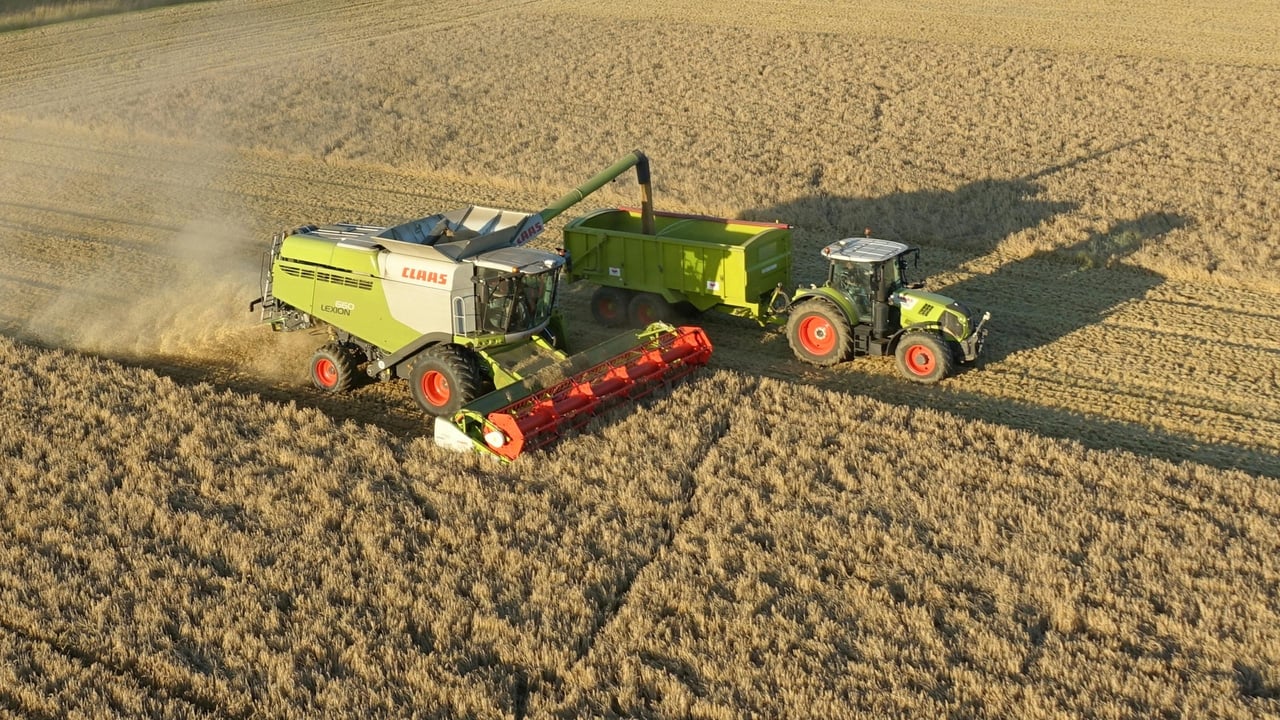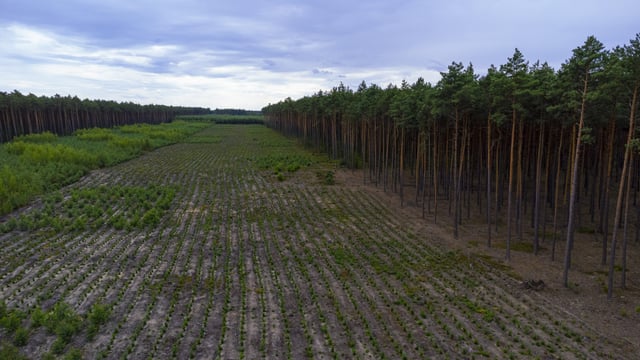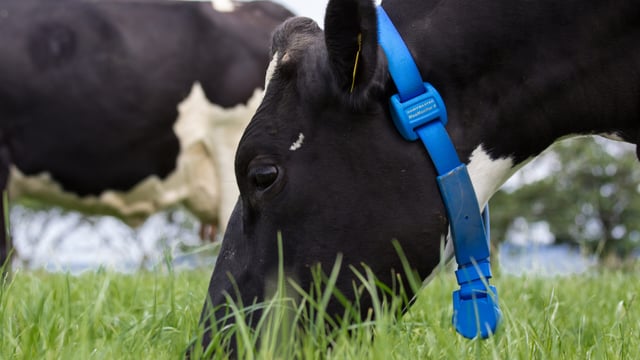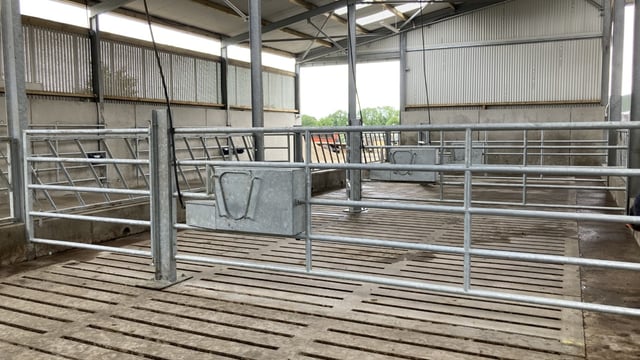IGAS launches new trailer identification system
The Irish Grain Assurance Scheme (IGAS) has launched a new trailer identification system ahead of the 2025 harvest.
The change will require all trailers delivering to grain merchants or co-ops to display a clear and visible trailer number.
The IGAS said this will help ensure full traceability of Irish grain, essentially tracking it from field to table, which will allow consumers make informed decisions and support food safety and quality assurance.
The system has already being in place for commercial hauliers for some time, but this new system will now mean private farm trailers and contractors will need to be identified.
ID
IGAS members must now fit number plates to each of their trailers on both top front corners, so that it will be easily visible from weighbridges.
The organisation is recommending farmers get car style registration plates from local motor factors, but added stick on letters or painted letters are acceptable if they are the same size.
The recommended format for the number, is your IGAS membership number, followed by the trailer number.
For example if your membership number was 1234, and you only had one trailer, the ID number would read 1234-1.
Contractors
IGAS has told members, that if they do not own any trailers, and are solely using contractors for delivering grain, their contractors trailer number will be used for traceability.
The organisation has also stated that if a farmer sells or replaces their trailer, they can simply update their ID using the same format.
If a farmer only has one trailer in use, they can just reuse the number from their previous trailer according to the group.
IGAS also advised that farmers who share and borrow trailers with neighbours do not need to take action and that their neighbours ID number will be used for traceability.
IGAS has over 4,000 grower members with a separate cohort of 50 plus members, which represents feed compounders and grain merchants.
The organisation also carries out approximately 1,000 farm inspections yearly with the objective to "promote quality assurance and traceability for Irish grain".











